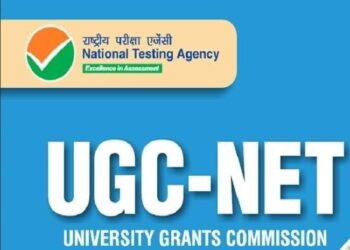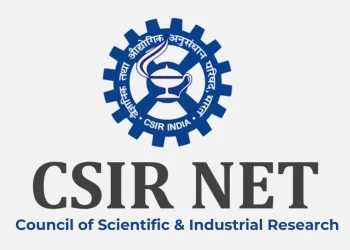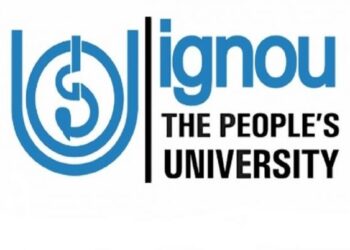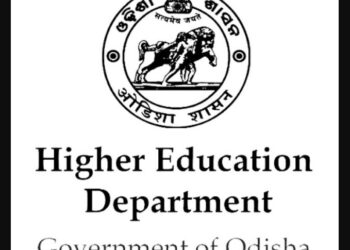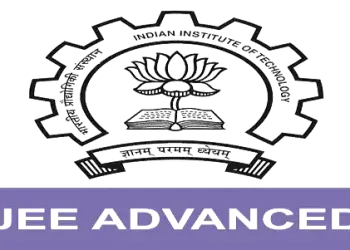Undergraduate medical students who were forced to return from Ukraine and China during their final year of study will be given two chances to pass their final MBBS exams in India.
The Supreme Court granted this on Tuesday after the Centre expressed willingness to give them one chance to pass the exam as recommended by an expert Committee. Though the center proposed one chance, the Supreme Court bench of Justices B R Gavai and Vikram Nath felt that this was insufficient and changed the rule to allow two attempts.
“We accept the report of the committee, subject to a minor modification…student being offered a single chance to clear MBBS Final, both Part I and Part II Examinations, be read as student being offered single/two chances to clear both Part I and Part II examinations (theory and practical)”, the court ordered and clarified that “the two chances will be for both Part I and Part II examinations”.
The court was hearing a plea by medical students who had to return from universities abroad following covid-19 and Ukraine-Russia war.
Hearing it on December 9, 2022, the SC asked the Union Ministries of Health, Home and External Affairs to “to find a solution to this humane problem” in consultation with the National Medical Commission (NMC). The court further said that the centre “may consider appointing a Committee…to find out a solution.”.
In an affidavit filed in response to the direction, the center informed the Supreme Court that a Committee was formed, chaired by the Director General of Health Service (DGHS) and comprised of representatives from the NMC and the three ministries.
The issue was discussed by the Committee, according to the affidavit, and representatives from various states “voiced their reservation on the quality of education and training the FMGs (Foreign Medical Graduates) might have and thus had reservations about accommodating them in colleges mid-course.”
In an affidavit filed in response to the direction, the center informed the Supreme Court that a Committee was formed, chaired by the Director General of Health Service (DGHS) and comprised of representatives from the NMC and the three ministries.
The issue was discussed by the Committee, according to the affidavit, and representatives from various states “voiced their reservation on the quality of education and training the FMGs (Foreign Medical Graduates) might have and hence had reservations about accommodating them in colleges mid-way during the course”.
After deliberation, the Committee recommended that students who had to return in their penultimate year and then pursued online classes “be offered a single chance to clear the MBBS Final, both Part I and Part II Examinations (both theory and practical) as per existing NMC syllabus and guidelines without being enrolled in any of the existing Indian medical colleges.” They can take the exam and pass it within a year. After a year, Part I will be followed by Part II. Part II will be permitted only after Part I has been cleared.”
The Committee also recommended that “the theory exam could be conducted centrally and physically, on the pattern of Indian MBBS examination and practical could be conducted by designated medical colleges, assigned the responsibility.”
“After clearing these two examinations, they would have to complete 2 year of compulsory rotatory internship, first year of which will be free and the second year paid as has been decided by NMC for previous cases”, the Committee suggested and emphasised that “this…strictly be a one-time option and not become a basis for similar decisions in future and shall be applicable for present matter only in view of the” court’s directions.
Counsel for the students, on the other hand, questioned the recommendations, claiming that the government had erected yet another barrier for the students.
They also questioned whether one chance would be enough, given the differences in syllabi used in India and abroad.
The bench agreed that allowing them only one chance was insufficient and directed that this be changed to two attempts. It, however, refused to intervene in any of the expert committee’s other recommendations.
Source:IE







 Finance
Finance

